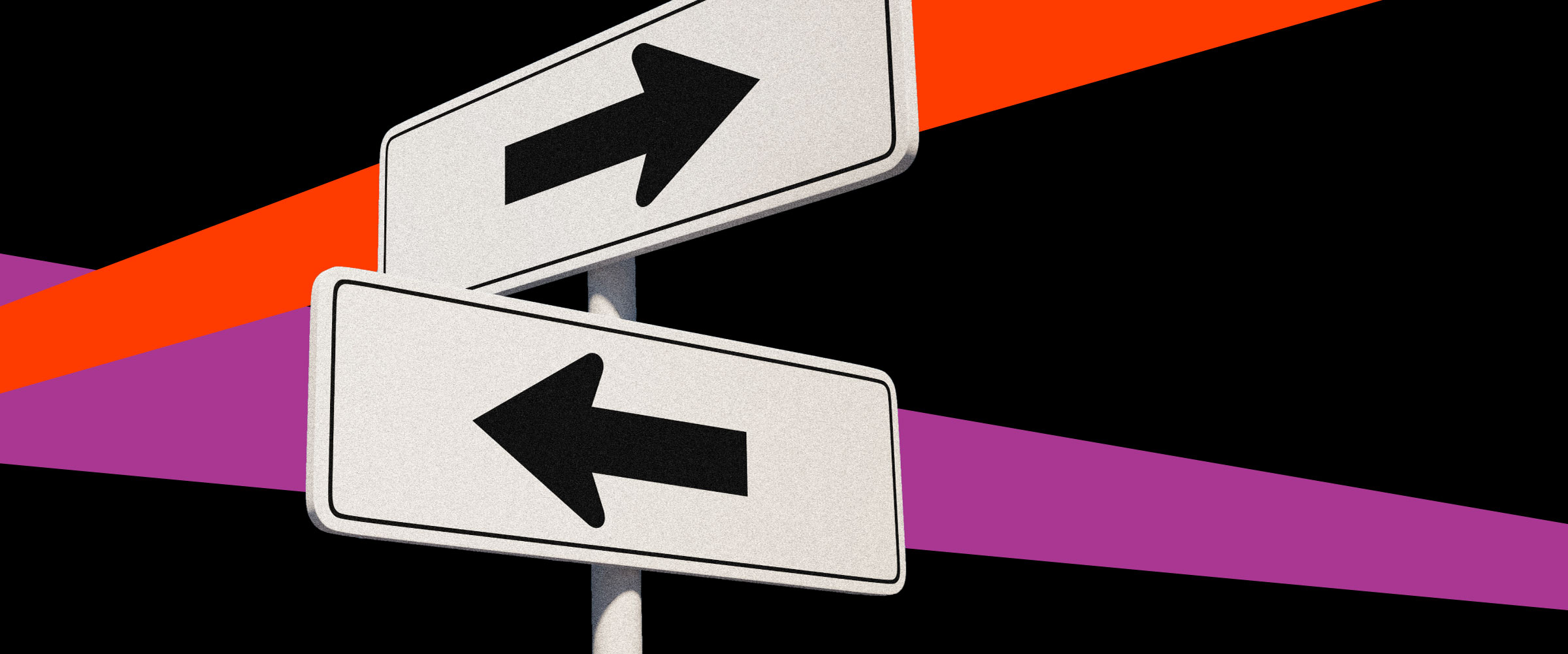
Now, I’m no accountant, but I can see why brand value should end up on a balance sheet, as it would be foolish to ignore something that will increase your sales by 13x. And that’s before you raise your prices – just because you can. Sounds like the sort of market position you’d like to see for your company, correct? Stay tuned – by the end of this article, I’ll explain how everything you intuitively thought about brand value in B2B is wrong.
Customers feel vastly more connected to b2b brands than b2c
This might be the perfect example of how our intuition on this topic fails us, but the CEB study polled more than 3,000 business customers across 22 top companies and found the level of emotional connection between B2B brands trounced the level of connection with B2C brands. Pinnacle B2C brands, like Apple and Amazon, with 40% of respondents reporting an emotional connection, barely even grace the same page as top B2B brands, like Cisco and Oracle, with 70% of respondents reporting an emotional connection. But if Apple comes in at 40%, that must be good, right? Well, that’s the same level of emotional connection as printing heavyweight VistaPrint – hardly even on our radar when we consider strong brands. And there are thousands of B2B companies that fall between Cisco and VistaPrint: SalesForce, Deloitte, PWC, FedEx … and the list goes on. So if building the next Apple is your goal – you only need to aim as high as VistaPrint, and you will land among the stars.
Now, I don’t mean to pick on VistaPrint: they’re a $1.3 billion company. But they started out making business cards. If they can take something as ubiquitous and competitive as printing wallet-sized paper cards, something most of us can do at home, and build a brand that rivals Apple’s in emotional connection, then so can you, no matter what your product is.
Differentiating among b2b brands is about emotion, not function
While messaging in B2C products has long been emotionally compelling, B2B brands have missed the boat, and it’s hurt them. According to the study, when faced with a message that centered on the commercial value of products and companies, only 14% of customers saw a real enough difference between suppliers to be willing to pay more, with the other 86% agreeing that just about any brand was equally capable. This held true across brands in software, professional services, tech security, shipping, network equipment, printing and industrial supplies.
But that all changed when the researchers presented a different message, one focused on personal value rather than business value, like emotional benefits (e.g., confidence), social benefits (e.g., popularity) and professional benefits (e.g., promotions). This led to a 42.6% lift in perceived brand benefits. That is the kind of advantage you want to have when going head to head with your competition.
The researchers concluded that winning business in B2B is about presenting personal, emotional communication in addition to demonstrating value to the company. While this may seem surprising at first, it’s actually fairly obvious. When a purchaser makes a bad purchase decision as a consumer, the stakes are relatively low. At worst, it’s usually returnable. B2B purchases, on the other hand, involve large risks: a multi-million dollar investment in a product or service that goes south could cost you your job. A substantial emotional connection helps overcome this risk.
So why do B2B companies spend less on branding than B2C companies if the value for them is greater? Well, most heads of marketing in the B2B space just don’t have the creative skills necessary to design and build a brand. They tend to be salespeople, and they align their pitch more toward features since that’s the most clear-cut thing to sell. Or they’re numbers and analytics pros, and they don’t see an obvious and direct sales link to the emotional message. For years, the perception that it was okay for B2B to be boring dominated the market, and it continues to linger, but great B2B branding that is emotionally relevant is now becoming one of the most powerful tools for growing your business since the spreadsheet. Most brand managers are making strides towards this idea since they’ve heard it works better, but without knowing just how much better, it’s often a half-hearted jog to some undetermined, immeasurable goal, rather than the all-in sprint to a dominant brand position.
